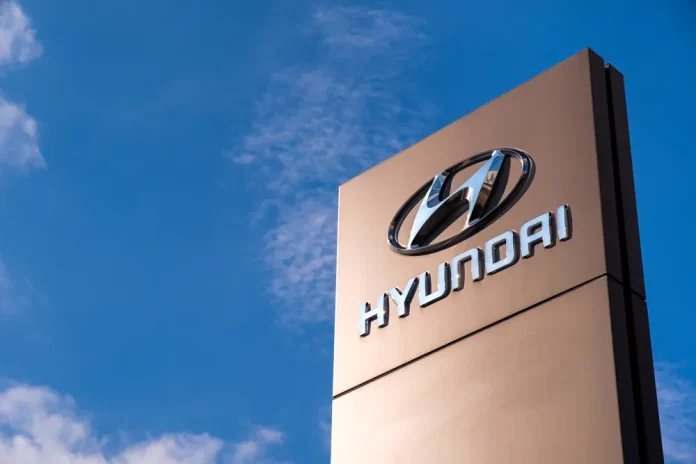Hyundai Motor has entered the competition to recruit battery research experts as it aims to accelerate the adoption of electric vehicles (EVs) through the independent development of next-generation all-solid-state batteries, the company announced Friday.
For now, the automaker sources EV batteries mostly from Korean and Chinese battery manufacturers, such as SK On, LG Energy Solution and CATL.
However, Hyundai Motor aims to develop and produce batteries by hiring more engineers and researchers. Once the company achieves the goal, it can cut its overall EV price and maximize the driving efficiency of its EVs.
“We will establish a complete battery value chain from design to management and mass production,” an official from the automaker said. “Battery technologies are key to driving future mobility.”
Recruits will work at Hyundai Motor Group’s Uiwang R&D Center in Gyeonggi Province, where they will perform tasks related to battery sample design and quality management. Additionally, they will handle battery development equipment maintenance and the management of battery materials and parts, according to the automaker.
The latest initiative puts Hyundai Motor in competition with the country’s top three battery companies, Samsung SDI, LG Energy Solution and SK On.
Even if the global EV market experiences a slowdown before widespread adoption, battery companies are intensifying their efforts to recruit more engineers and researchers to develop safer, high-quality batteries.
Hyundai Motor is strategically focusing on developing all-solid-state batteries because of their significant advantages over traditional lithium-ion batteries. The former are widely considered “dream batteries,” as they feature better stability and high energy density.
The carmaker already formed a special unit dedicated to developing batteries at its Namyang R&D Center in Hwaseong, Gyeonggi Province.
However, the carmaker aims to accelerate the timeline for EV adoption by expanding its research workforce to enhance battery development. Prospective candidates have two weeks to apply for the position starting from Friday.
Making batteries in-house has become a key priority for global automakers, as it can drastically cut the cost of production for EVs. For now, a battery accounts for almost 40 percent of an EV’s total production cost.
A group of overseas carmakers, such as Tesla, General Motors and Toyota, have already shared their plans to build batteries independently. BYD, a Chinese EV battery maker, is also expanding its presence by developing EVs with its technological prowess in batteries.
Last month, Hyundai Motor formed a partnership with EcoPro BM to co-develop lithium-iron-phosphate (LFP) battery cathode materials.
This enables the carmaker to lessen its dependence on imported batteries and improve its long-term technological competitiveness.




